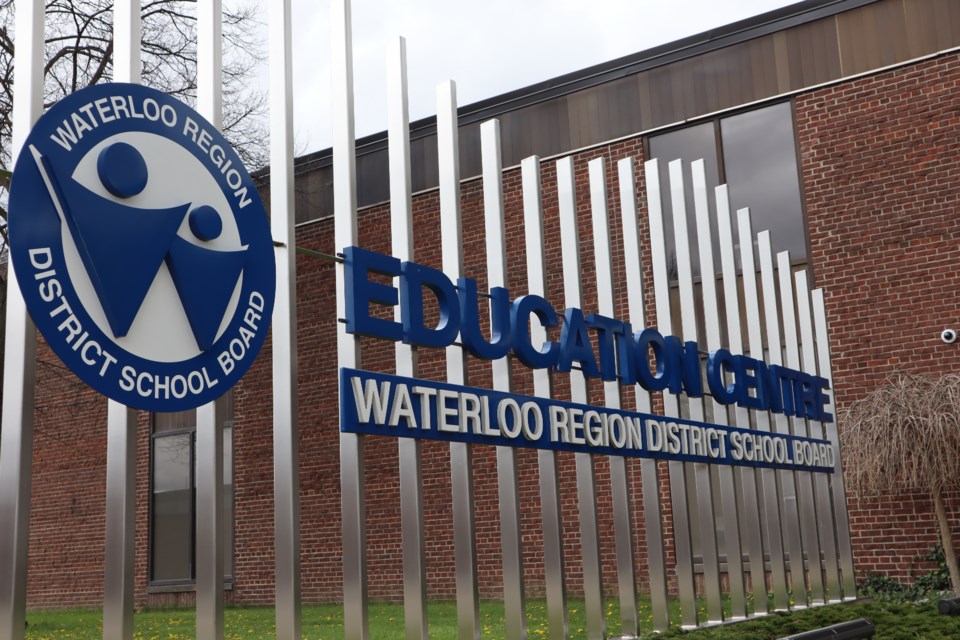The return to in-person learning after months of social isolation and other factors experienced during the COVID-19 pandemic resulted in a significant increase in student suspensions, according to a report presented to trustees at Monday night's meeting of the Waterloo Region District School Board (WRDSB).
From June 2021 to June 2022, elementary suspensions increased by 680, and secondary suspensions, by 1,322.
These data were collected in a school year when students were engaged in distance, adaptive hybrid, and in-person learning.
“We had a significant number of students in remote learning in both in elementary and secondary schools,” said Bill Lemon, superintendent of student achievement and well-being Monday night.
“In 2021-22, we saw more students return to in-school learning with bigger populations and therefore more student interaction.”
Lemon said that the reason for the suspension rate increase from the previous school year is multifactorial associated with educational and social psychological effects from COVID-19.
According to Lemon, one of the factors was staffing challenges faced during the pandemic. And in-person learning opportunities were not offered because of different factors during the pandemic including isolation, and safety measures.
“So, we have mobilized one-on-one support in some of our feature high priority schools that are involved in our ‘Keeping Students in School initiative.’ It is important to realize that having access to staff is critical to changing the curve when it comes to student suspensions,” Lemon said.
The Keeping Students in School initiative is a Ministry Pilot Project that helps educators build school communities where all students see themselves as learners.
“Because of the pandemic, the weighing of factors is difficult to determine, and are unique to context and experience. Students and school communities are experiencing the pandemic differently,” Lemon said.
“Some of the impacts on different school communities throughout the pandemic, have been very much differentiated.”
But Lemon said, social problem solving is a skill that must be reinforced with productive practice and effective feedback.
“Building competence and fluency with social problem solving, appears to be most effective through in-person learning. And support for educators also appears to be best delivered through in-person experiences,” Lemon said.
“We’ve also provided social emotional learning opportunities for staff to build their capacity. Some feedback received from staff is that the remote version was very theoretical, and now that we are supporting schools in-person, the learning is much more authentic and practical by taking that theory and bringing it right to the classroom,” Lemon said.
Moving forward, staff will continue to deploy interventions that encourage pro-social behaviours and the development of effective social problem solving, he added.
“For the Keeping Students in School Ministry Pilot, I hope we see a difference in those pilot schools,” said school board trustee Cindy Watson.
There are three schools involved in the pilot project in Waterloo Region.
“I can say with confidence that there has been a dramatic decrease in one of those schools,” Lemon said.



